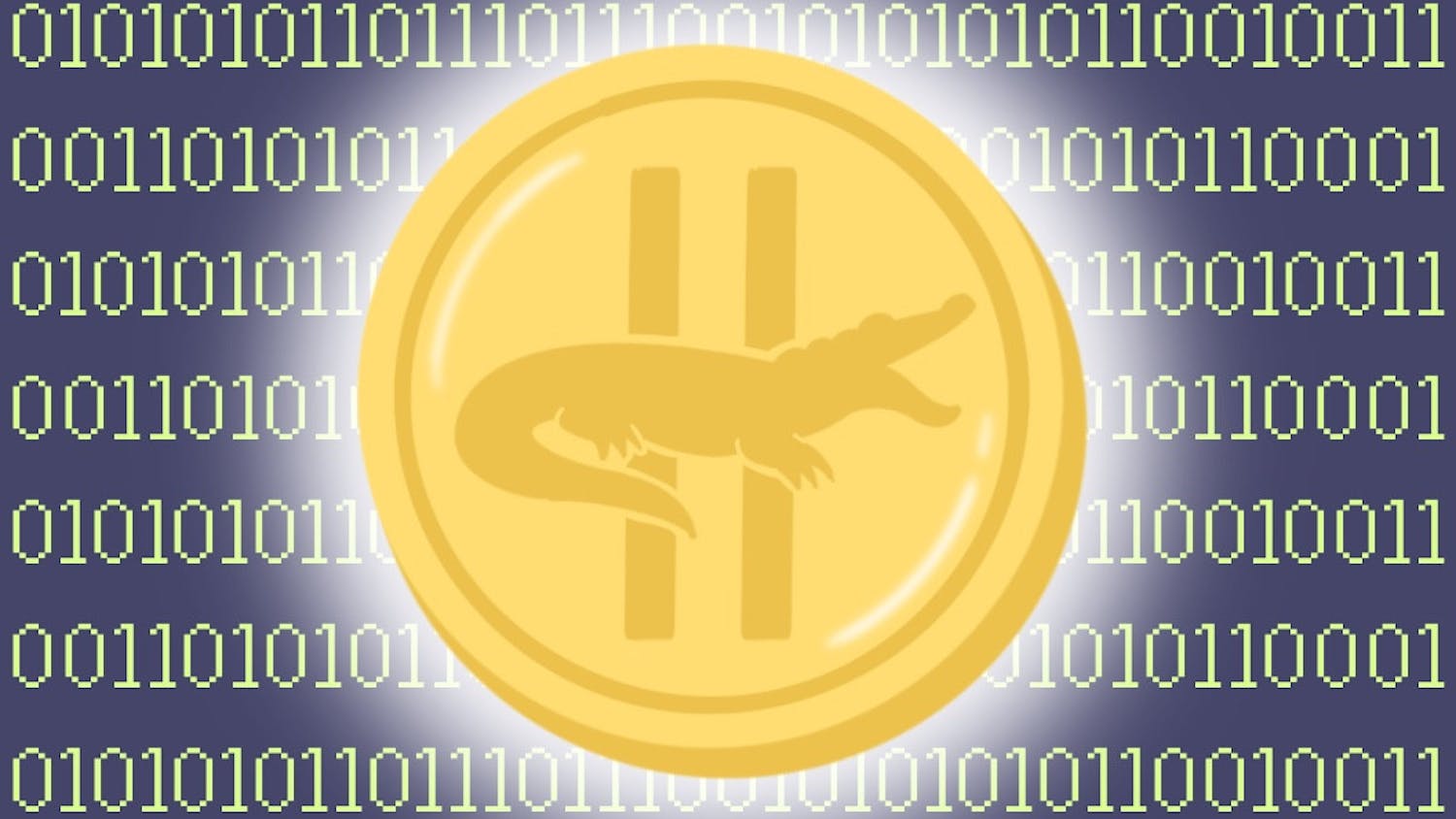Predictive text technology is a wonderful thing. If you know only a few letters or the beginning of a word, most smartphones will automatically suggest multiple options for what you were looking for.
Efficient? Yes. Convenient? Yes. Simply astounding technology? Definitely.
Recently, however, I made a shocking discovery; I can no longer spell.
Any word with minimal complication, even one I use almost every day, now presents a new challenge if not presented in a technological medium. When asked to spell “across” by my roommate, I found my forehead scrunched in an attempt to remember how many C’s and S’s there are. Even as I just typed the word “across” in this column, I spelled it “accross” because I knew Microsoft Word would conveniently provide the auto-corrected text.
Cellphone technology and word processing functions have become such a crutch that we find ourselves less engaged in the mechanical intricacies of our work due to the ease of perfecting them with such functions. Always a reader as a child, my vocabulary, spelling and grammar were accelerated. Now, years later, I’ve found myself crippled by advanced technologies that will do a majority of my thinking for me.
People tend to only be as intelligent as they have to be. Average people in the world (this excludes those involved in intricately specialized professions such as computer programming) seemingly fall victim to technology which can “think” for them. Spell a word wrong? Just right click and select the correct option. Need a more scholarly word for a paper? The synonym function will help you. All of these mindless operations allow us to stare blankly at the screen while our mouse perfects our papers and essays. Of course, nothing is perfect — we all know not to rely on Spell Check — but many functions, such as Thesaurus and even AutoComplete, operate virtually flawlessly to ease projects which would have required much more thought 20 years ago. But does it even matter? How much important writing do we even do off of the computer anyway? Anything handwritten is usually brief and in note form — and certainly not meant to be professional or scholarly.
When typing papers or business documents, as long as we know a skeleton of a difficult word we can easily get the correct word inserted into the correct space. It’s a rare occurrence when we are required to accurately spell words on the spot.
Clearly, technology is not dumbing us down, or we wouldn’t have the constant advancements that we do, but are the efforts of the programmers and inventors slowly encroaching more and more on our brains? It’s a cycle, as new technology allows new information that in return provides new technology, but for the freeloaders such as myself, how do we halt total reliance on these conveniences? Depending on modern, communication-improving luxuries is like relying on a calculator without understanding math: It may yield a correct answer most of the time, but it will eventually fail if you don’t know where to put the parenthesis.
Laura Ellermeyer is a first-year finance major. Her column appears on Tuesdays.





